On a warm, late-summer day last month, Clara, an expat Australian, stood in a queue at a social security office in central Athens, feeling embarrassed and alone. Among those applying for government help that day were newly arrived refugees, including a couple standing next to her who’d fled the Taliban.
“I was standing in a line with all of these newly arrived Afghans [and] I felt lousy,” the 37 year old says. “I felt very undeserving of resources set up for refugees. It shouldn’t have come to this.”
But like many of the 46,000 Australians stranded overseas, this softly-spoken 37 year old had found herself in a complicated situation. Not only was she unable to access a Covid-19 vaccination in the country she’d been living in, but closed borders prevented her from travelling to other neighbouring countries, or returning to Australia.
Since the start of Australia’s vaccination program in January, expats stranded overseas have been asking how they, too, can be vaccinated. Many expats have called for Australian embassies to offer vaccinations – as the French began doing for its citizens in Vietnam in July. But the Australian government has maintained expats should seek vaccination through the health service of the country they live in.
That’s fine for those living in countries with efficient and accessible vaccination programs, such as the UK. But it’s problematic for expats stranded in countries like Turkey, Indonesia and Vietnam, as well as other nations that are prioritising residents and citizens.
I felt very undeserving of resources set up for refugees
To further complicate matters, some countries – like China and India – have offered their own vaccines to expats, but several of these haven’t been recognised by Australia’s Therapeutic Goods Association, meaning returning citizens may face hotel quarantine and further inoculation with a different vaccine if they manage to return home. Only yesterday, Prime Minister Scott Morrison announced that one Chinese vaccine – Sinovac – would now be accepted by Australia, but another widely-used vaccine, Sinopharm, is yet to be approved.
“Surely we need a quick determination as to which of the vaccines will be acceptable and of those which aren’t, what is the strategy for the people who want to become vaccine-acceptable,” says Professor Emma McBryde from the Australian Institute of Tropical Health and Medicine at James Cook University, who says there’s no clinical information on the safety of chasing a full dose of one vaccine with another.
“I’m frustrated at how slow some of these deliberations are, and it’s high time we gave people a clear indication of what is required to get a vaccine passport and what we recommend.”
Geoffrey Raby AO, economist and former Australian Ambassador to China, is returning from Beijing this month and says no thought is being given to people like him who are fully vaccinated in China, yet not considered vaccinated at all in Australia.
“I’m factoring in two weeks’ quarantine in a hotel, and I’m factoring in another four to six weeks to get vaccinated in Australia. That is the reality,” he says.
It’s high time we gave people a clear indication of what’s required
Clara’s situation was arguably more complicated than most, yet highlights how easily expats can fall through the cracks when countries are each enforcing very different rules.
In March, she had moved to Turkey to join her long-term partner, who was working for an NGO. Confusion over her visa meant she was regarded as a non-resident in Turkey, rendering her ineligible for vaccination. Then, when Turkish immigration authorities informed her in June that she’d have to leave the country for two months, her options were limited. Not only were many borders still closed, but other countries such as France, Israel and the US that did have open borders weren’t accepting unvaccinated non-citizens.
On September 7, she secured a flight to Greece. As cases in Turkey reached 25,000 a day, Clara was desperate to get vaccinated – she became “fixated” on finding a location where she could access inoculation.
The only way to get vaccinated against Covid-19 was to register through a refugee program in Greece that granted her temporary residency status and a route into the national vaccine program.
****
The global vaccination roll-out has demonstrated once again the deep inequity between nations, as some developed countries begin to distribute booster vaccines for their citizens, while just 6.8 per cent of the entire population of Africa has received a jab.
Journalist Amanda Hodge, who contracted Covid-19 this year while living in Jakarta, says she understands the decision of countries like Indonesia to put their own citizens first. “It wasn’t just expats, we had plenty of Indonesian friends who also couldn’t get vaccines,” she says.
Posted to Jakarta for The Australian newspaper, Amanda describes the apprehension she felt as the Delta variant spread rapidly through India and saw the plans made by expats from other countries.
“Once Delta became a factor – we watched it from Indonesia – it became clear that all large communities that weren’t well vaccinated and had large populations in close quarters were going to become very vulnerable, so we knew we were on borrowed time,” she says.
Just 6.8 per cent of the entire population of Africa has received a jab
European and US expats in her network were waiting for school holidays to return to their home country for vaccination, but for Australians it was more difficult: Amanda considered several options and booked a flight to Australia in June, as well as securing visas for the US as a hedge against the likelihood of being bumped. Stories circulated in the community of different ways to get vaccinated – including one about the Catholic Church: bring three over-60 year olds and get a jab yourself.
“As you got closer to school holidays, the fear of getting Covid before you went was quite real,” she says.
“Trying to get [a vaccination] through the government was hard. It really only became easier to get one around about the time we fell sick, about June 4.”
Amanda, her husband and their daughter caught Covid-19, and needed to be flown via Medevac to hospital in Adelaide. Yet she remains sympathetic towards the Australian government and its position on expat vaccination.
“It’s a pandemic. Governments are struggling to make policy that don’t look stupid in two months’ time, we’re struggling to make plans that don’t look stupid in two months’ time,” she says.
Meanwhile, Clara is now waiting out a 21-day period before she can book a vaccination on her temporary island home, Milos, with her partner.
“While I was waiting for residency in Turkey I became a bit obsessed with getting vaccinated,” she says.
“I don’t want to go back to Australia, I just really, really want to get vaccinated.”




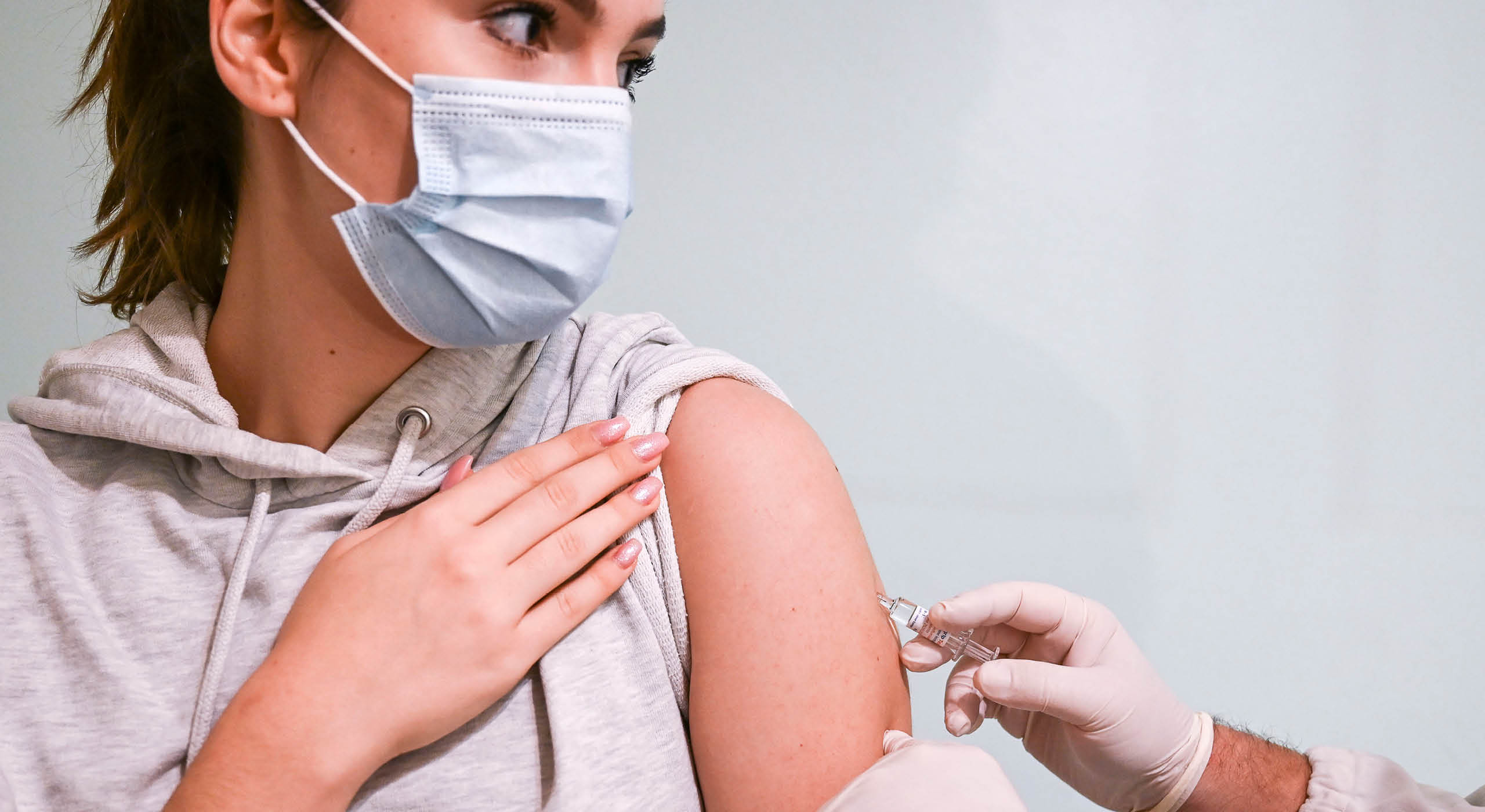
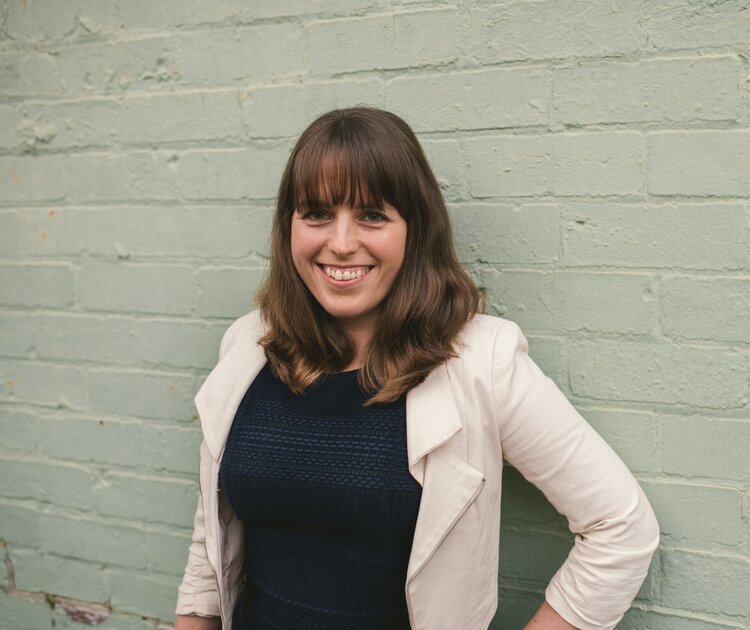

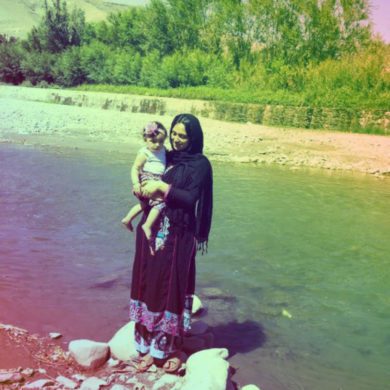
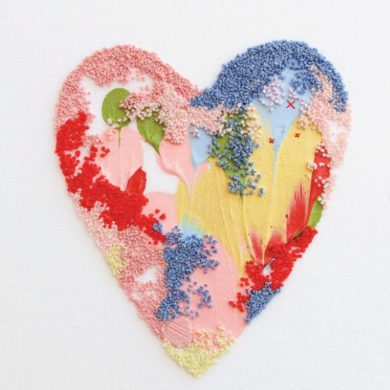
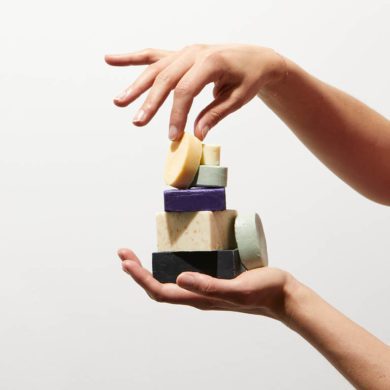


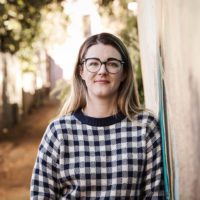
No Comments